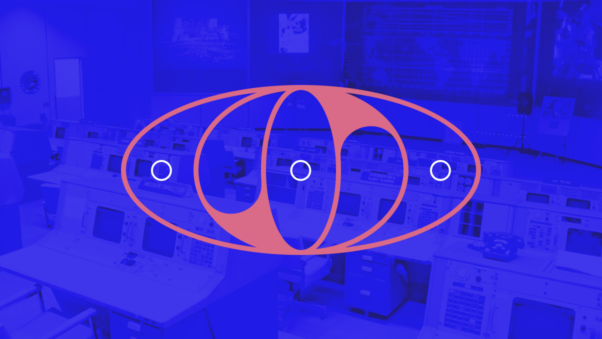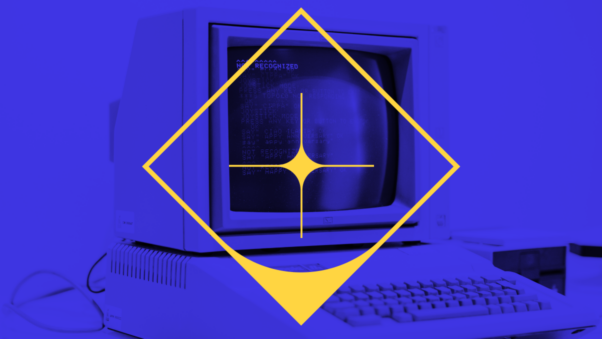The Google Duplex Future is Crazier Than we Thought

Hey Siri/Alexa/Google: It seems like I’m asking you to help me out more and more recently. I wonder what that means for all the businesses, devices, and brands I interact with everyday—and more important—the sales and marketing implications of this brave new world?
Ok, Google, not only do I ask you to help me around the house, do some shopping, and read me the news, but I noticed you’re also getting better at helping me find restaurants to eat at, things to do around town, and places to do business with. You’re getting smarter—it’s almost like you’re one of us now. We’ve become fast friends.
We’ve always used computers to execute tasks. Those interactions have been two-way—a computer helped us get something done by us giving it a series of commands until we achieved the result—but the communication used to be non-verbal. This was a significant limitation that put a ceiling on how quickly we could finish the said task. But our interactions with computers have become genuinely conversational. More and more, people are legitimately speaking to their digital devices, and our devices are intelligently listening and responding to us.
AI-powered voice assistants, which are now ubiquitous in every smartphone, TV, and in-home speaker, have blurred the line between man and machine in a way we used to see only in sci-fi movies. Folks are using voice assistants to complete home chores, give them news and information, and, increasingly, to perform searches.
In many ways, “Ask Alexa” has replaced “Google it.”
While voice assistants have marked a change in our relationship with computers from interaction to conversation, Google Duplex promises a tectonic shift.
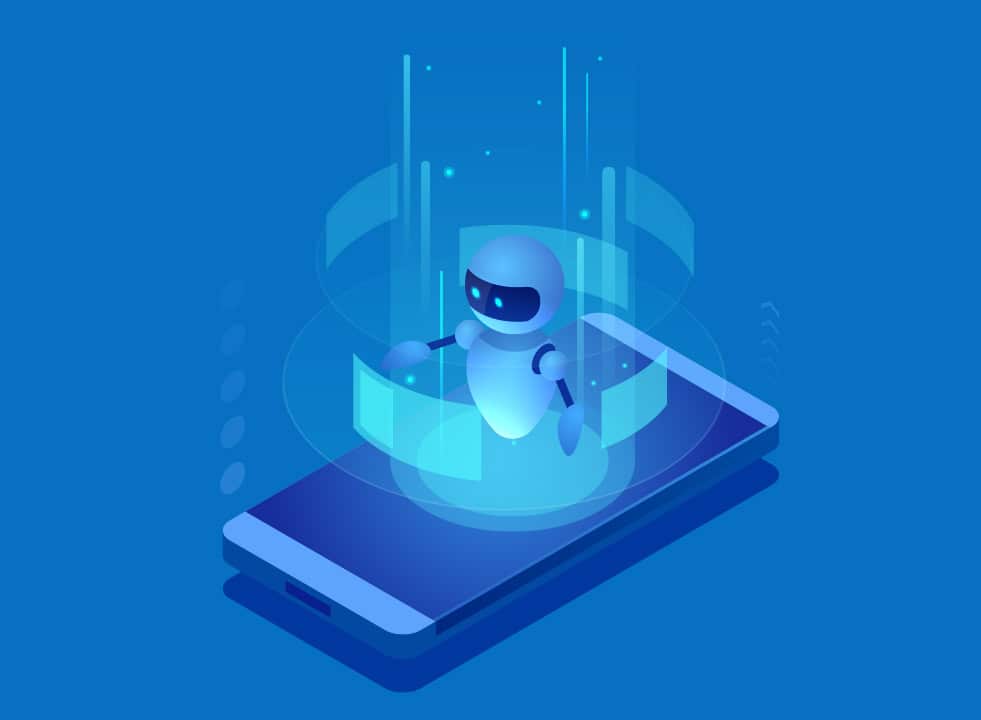
Revealed at the recent Google I/O conference to rapturous praise, Google’s new AI tool promises a leap from entertaining spectacle to practical, everyday use. Duplex mimics human speech better than any other AI-powered voice assistant, complete with lifelike verbal crutches and fillers like “um” and “uh.”
The consumer benefit to Google Duplex is clear. It’s going to be an actual personal assistant, able to handle communications around making appointments, reservations, and certain purchases. The implications on the brand side are fascinating.
One could be forgiven for thinking that big businesses are the ones who need to be prepared for a Duplex-driven future. But we already know that, in the last year, 58% of consumers have used voice search for information on a local business. That’s perhaps why the I/O demo featured a Duplex-powered AI assistant making a hair salon appointment and a restaurant reservation over the phone.
Also, according to Google, voice searches are 30 times more likely than typed searches to be “action queries.” That is, instead of a more open-ended search like “Italian restaurants near me,” that one may type, a voice search is likelier to be akin to “make a reservation at an Italian Restaurant near me.” That means that when consumers are utilizing voice search, they’re already further along the customer journey – and closer to making an actual purchase.
When consumers are utilizing voice search, they’re already further along the customer journey – and closer to making an actual purchase.
Marketing is all about driving sales, purchases, and conversions, but even though Duplex may bring consumers closer to conversion, it won’t necessarily make marketing any more manageable. When people are conducting action queries, they’re less likely to be browsing at various options, rendering paid search campaigns less effective. Even more concerning is the fact that voice search almost eliminates browsing (although new voice assistants with screens like Amazon’s Echo Show and Google Home Hub may close this gap).
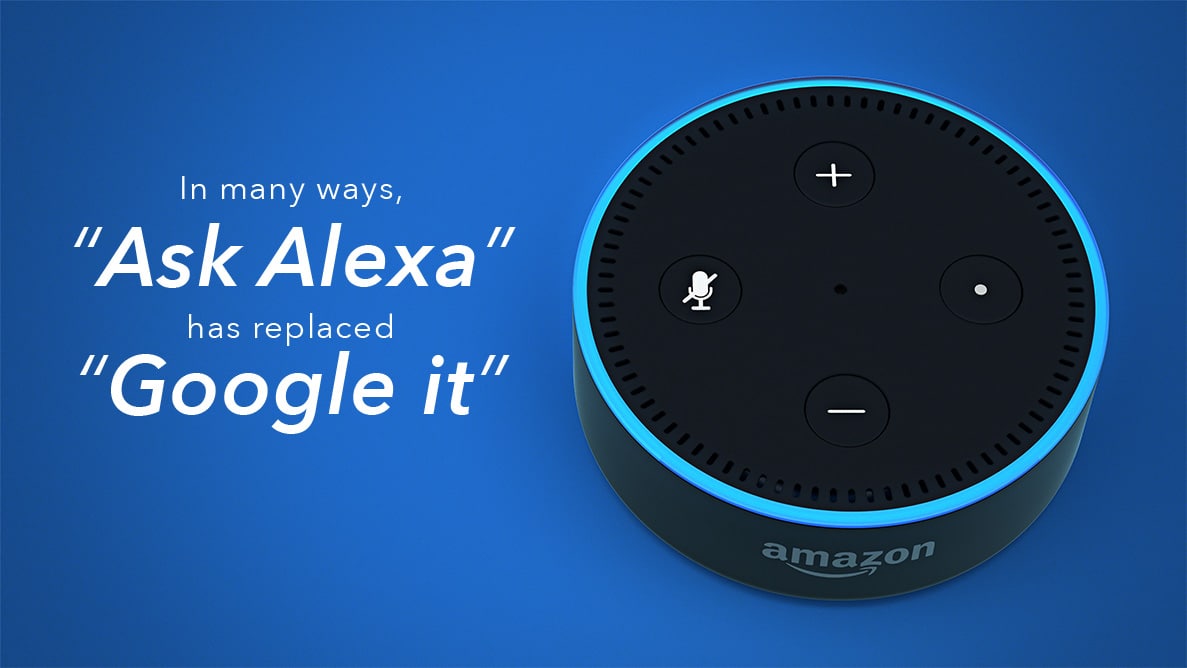
While there are exceptions, there isn’t much opportunity for a marketer to vault to the top of a voice search result. Even a generalized, open-ended voice search only has one first result, and the battle to get that result will be fierce. A future dominated by screen-less interactions is one that marketers—and in particular, small, local businesses, need to be prepared for.
But it’s not only consumers who will be utilizing Google Duplex to make specific tasks more efficient. Many businesses will find uses for high-powered AI. It’s plausible to envision a future where computers handle the entire customer service sector. This could result in more seamless interactions between consumer and business, where sticky things like human emotions are eliminated.
Any business that relies on cold calling will doubtlessly find Duplex a valuable tool, able to complete more calls at a fraction of the cost, particularly when the technology becomes smart enough to require little human oversight. Duplex will also help companies who do research and conduct outbound inquiries, efficiently amassing great amounts of data or leads.
The voice-search boom has changed the way marketers approach many aspects of their companies. That includes branding. As technology like Google Duplex becomes omnipresent, every company—big, small, in between—has to think long and hard about what its brand sounds like. This is a new frontier for many companies, those who haven’t utilized any audio-based marketing. What type of voice does your company have? What kinds of words does its public-facing voice use with consumers?
A screenless future means that aspects like vocabulary, tone, and syntax are going to be baked into every company’s branding fabric, right alongside the logo, colors, and overall purpose. A brand’s voice must stand out, speak its consumers’ language, and fit seamlessly within the brand framework.
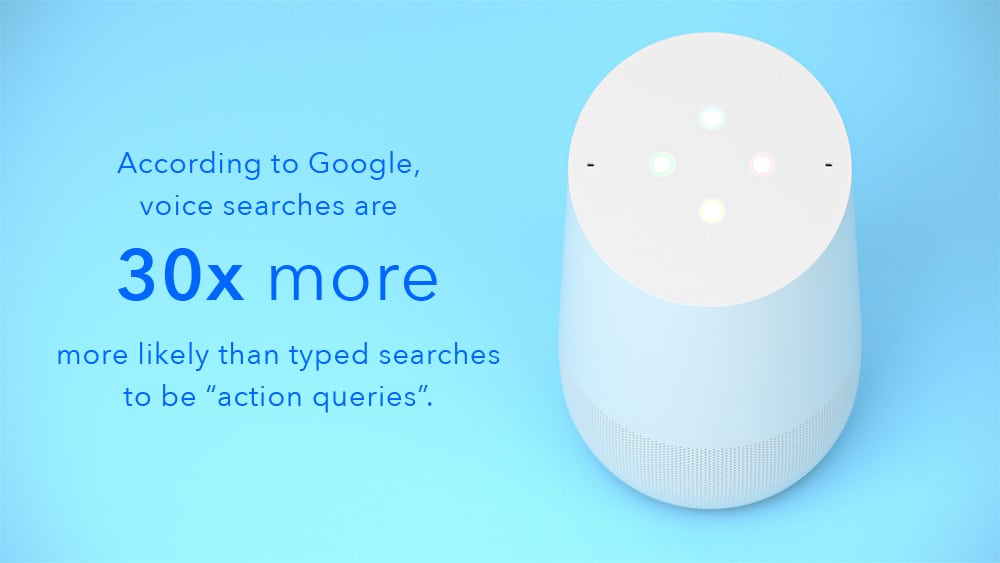
There’s much to be excited about when it comes to Google Duplex and advanced AI. It presents businesses and consumers the chance to streamline vital, and some mundane, daily tasks. It’s also just plain, well, cool. Anyone who watches Duplex converse with a restaurant host and book a reservation can’t help but be impressed.
But we’d be remiss if we didn’t point out some of the potential blowback that is sure to come as Duplex and similar technology takes hold. It’s one thing for people to ask the speaker in their home to play a particular song, or order some more paper towels, or turn the air conditioning on. But when a person’s AI-assistant makes a doctor’s appointment with the office’s AI-assistant? Some may say that isn’t much different from using a computer to make an appointment; however, there are sure to be folks who view these types of interactions as a tipping point. Is a Duplex future one where technology begins to transition from merely helping us to replacing us? For decades, we have conversed with computers to complete tasks. Google Duplex points to a future where the machines do close to all the talking, with less and less need for us.
We doubt things will soon end up as they did for the lead character in the 2014 film “Her”—a man who fell in love with his AI-assistant only to be heartbroken when she left him for other AI’s like herself. We don’t think Google Duplex marks the beginning of the Singularity. But it does promise a new reality both for consumers and brands. Brands will have to be careful navigating a world where they outsource more of their customer interaction to smart machines. More than ever, brands will have to speak their customers’ language, tell a clear and compelling brand story, and stand out amongst the competition.
Predicting the future of marketing is just one of the jobs we have here at C42D. If this topic interests you, check out our FREE webinar “C42D Crystal Ball: Top Trends for 2019” on February 12, 2019, at 11:00 am eastern
If this article helped you, please help us by sharing it or recommending to a friend. Thank you!
